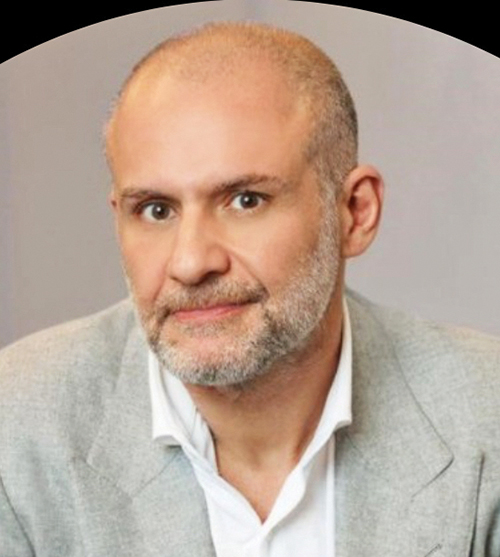
The still-shocking spread of virulent anti-Israel/antisemitic activism in the United States, often leading to harassment and assaults in major cities and on college campuses, has sparked many Jewish activists to question if new approaches are needed to respond to these threats.
One organization that is now stepping up to lead this charge is the newly revived Betar USA.
Betar is a Zionist movement founded in 1923 by Ze’ev Jabotinsky, a prominent European right-wing Zionist activist, in the early 1900s. According to the Betar USA website: “With 70,000 members by 1934, Betar became one of the largest and most influential youth movements in Poland and across Europe, as well as Palestine, and it provided a strong base of support to the Revisionist movement…. Now, almost 100 years after its creation in 1923, Betar USA is bringing back our tradition of standing up and speaking out. The era of strong, tough, proud Jews is back and necessary. There has never been a better time and never been a more important need.””

Jabotinsky defined Betar’s approach in an essay in 1923, stating: “The duty and aim of Betar is very simple though difficult: to create a ‘normal,’ ‘healthy’ Jew. The greatest difficulty is encountered because, as a nation, the Jews today are neither ‘normal’ nor ‘healthy.’ During two thousand years of exile, the Jewish nation lost the habit of concentrating its willpower on an all-important task, lost the habit of acting in unison as a people, lost the ability to defend itself, instead, the Jews became accustomed to shouts rather than deeds, to disorder and disorganization, to negligence.”
The Betar philosophy is built around five principles advanced by and defined by Jabotinsky—those of ahavat Yisrael (love of Israel), hadar (acting in a way that is considered decent and appealing), barzel (to act like iron; not to be afraid), unity (confidence in the truth), and bitachon (faith in the indestructibility of the Jewish people).
Ross Glick, a former owner of a digital agency and a marketing consultant who stepped up and took on the role of director of Betar USA, told The Jewish Link: “Since the attacks of October 7, I’ve stepped up my activism because of my deep concern about the trend of rising antisemitism unfolding, in Israel and here. As the grandchild of Holocaust survivors, this really disturbed me so I got more involved.”

Glick shared that while Betar USA was dormant for a few years, recent events spurred its revival and it now has an executive staff of 15 (some full-time, some part-time) in its office in New York, and a board of directors of 14 people.
Recently, Betar USA announced that it acquired the domains of a several URLs that are associated with anti-Israel activism on major college campuses and now uses those websites to promote pro-Israel viewpoints. The websites Betar USA acquired include:
Glick shared that a “big focus” of Betar USA’s work is combating antisemitism and anti-Israel agitation on college campuses, with the goal of establishing chapters on 25 major campuses by the end of 2025. Betar USA has initiated pilot chapters at universities in Chicago, Dallas, Los Angeles, New York, New Orleans, Pittsburgh and Washington, D.C. Betar USA knows that these pilot chapters have been noticed because Students for Justice in Palestine groups are reporting “threats” to their campus police.
The chairman of Betar USA’s board of directors, Ronn Torossian, is the founder and chairman of 5W Public Relations and an author. “We restarted Betar due to the need for a strong activist organization,” he said. “Betar has a long history of Zionist action and we will spread our educational programs and Zionist work.”
For more information on Betar USA, and to get involved, see: https://betarus.org/
Harry Glazer is the Middlesex County editor of The Jewish Link. He can be reached at harryglazer615@gmail.com and he welcomes reader feedback.










